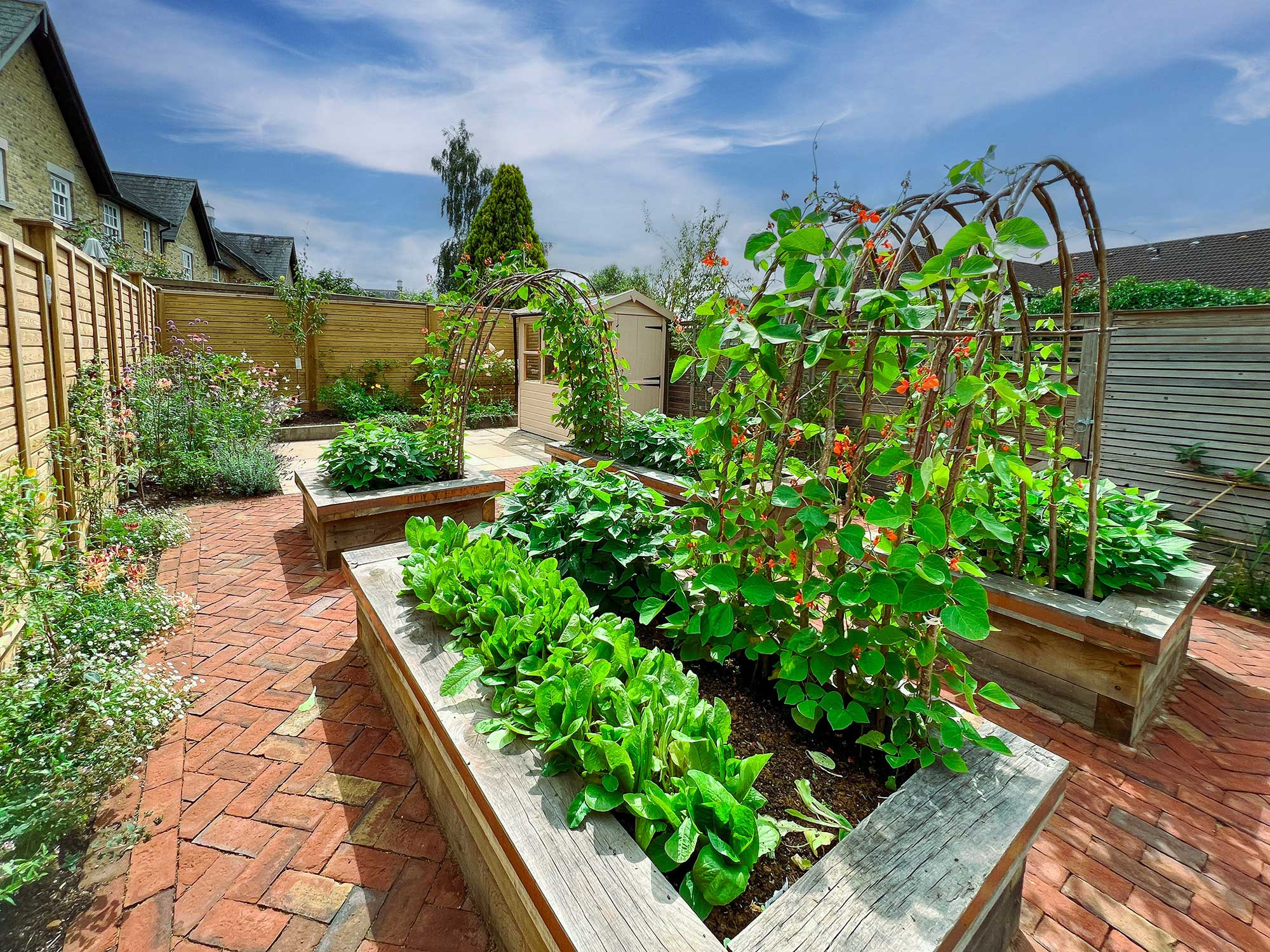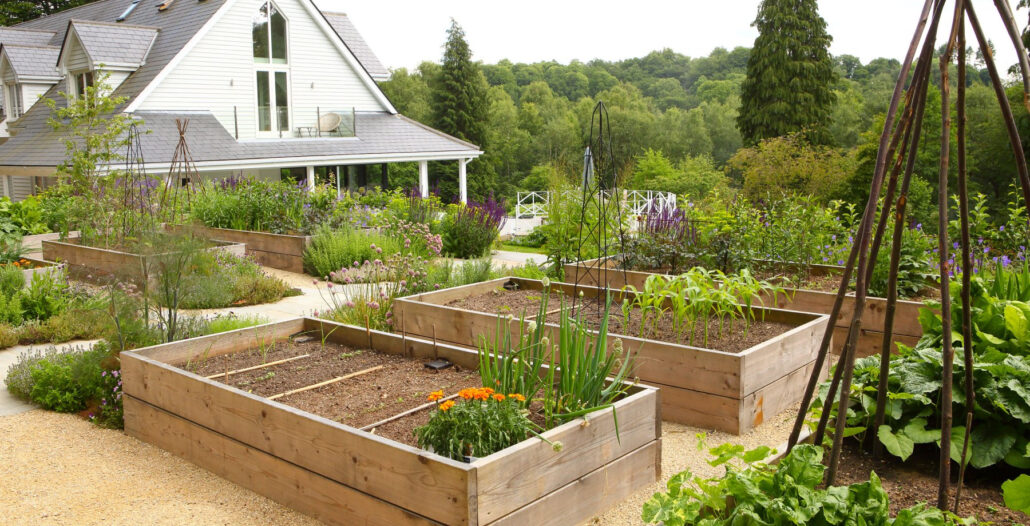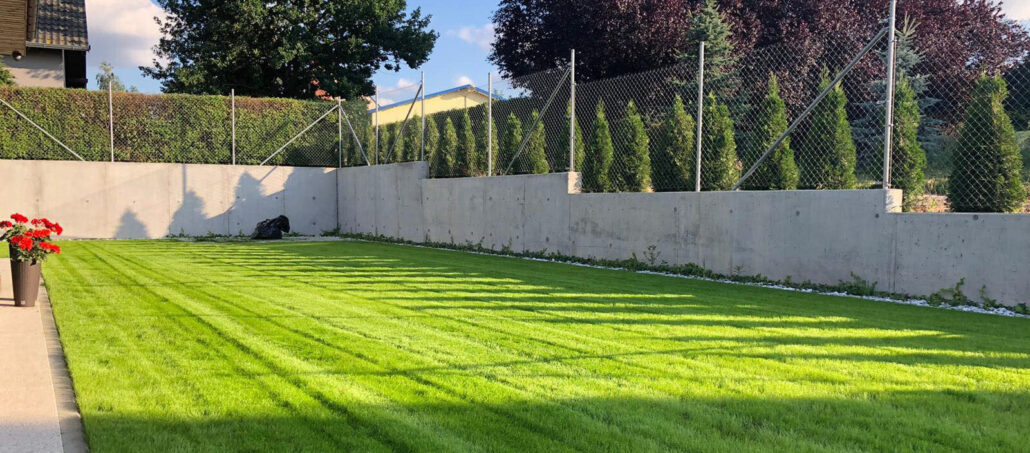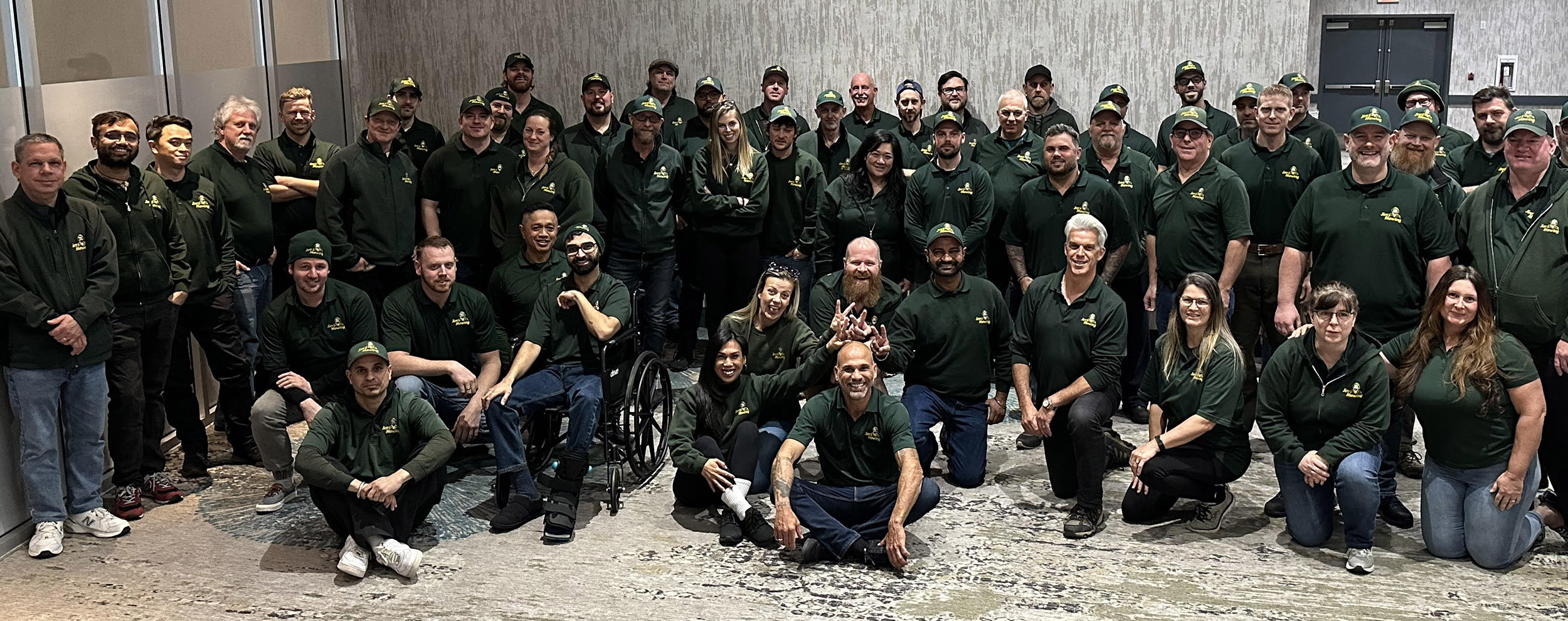
Welcome to your go-to guide for creating a garden that not only blossoms with beauty but also helps protect the environment. Whether you’re in the mild climate of Vancouver Island, the temperate Lower Mainland, or the dry Okanagan, adopting sustainable gardening practices can benefit both your garden and the planet. Here’s how you can go green in your own backyard:
Plant Native Species
Choose local plants to boost biodiversity and support the surrounding ecosystem. In Vancouver Island’s temperate climate, plants like salal and sword ferns are ideal. For the Okanagan’s drier conditions, go for drought-tolerant natives like sagebrush and rabbitbrush.
Conserve Water
Use water-saving techniques to lower consumption and reduce your environmental impact. Harvest rainwater with rain barrels, especially in wetter months, and for the Okanagan’s dry climate, consider drip irrigation and mulching to maintain soil moisture.
Go Organic with Soil Care
Opt for organic fertilizers and soil treatments to improve soil health naturally. Compost kitchen scraps and yard waste to create rich compost, which nourishes your plants and cuts down on landfill waste. In the Okanagan, where soils are often nutrient-poor, add compost and organic material to improve fertility and structure.
Use Natural Pest Control
Rely on integrated pest management to control pests without chemicals. Encourage natural predators like ladybugs and lacewings to manage pest populations. Attract beneficial insects in Vancouver Island and the Lower Mainland with native plants and companion planting.
Efficient Garden Design

Efficient Garden Design
Make the most of your garden’s layout by using space and resources wisely. Companion planting can create natural plant communities that minimize the need for chemicals. In the Okanagan, shade structures and strategic plant placement can help conserve water and energy during the hot summer months.
Sustainable Energy Solutions
Reduce your reliance on conventional electricity by incorporating renewable energy into your garden. Install solar-powered lighting and irrigation systems, especially in sunny areas like the Okanagan. Consider wind or hydroelectric options where possible to further lower your environmental footprint.
Create Wildlife Habitats
Turn your garden into a haven for wildlife by using native plants, water features, and shelters. Offer food and nesting spots for birds, bees, and butterflies, supporting biodiversity and ecosystem health. In urban areas like the Lower Mainland, create wildlife corridors to link habitats and help migratory species.
Weed Naturally
Manage weeds without chemicals by using mulch and hand weeding. These methods help maintain plant diversity and keep your garden ecosystem healthy. In the Okanagan’s vineyards and orchards, mechanical cultivation and cover crops can minimize herbicide use and protect soil health.
Eco-Friendly Lawn Care

Eco-Friendly Lawn Care
Adopt sustainable lawn care practices that keep your grass lush while protecting the environment. Adjust your mower height to promote deeper root growth and shade the soil, reducing water loss. Leave grass clippings on the lawn to naturally decompose and replenish nutrients.
Get Involved in Your Community
Promote sustainable gardening within your community by sharing knowledge, resources, and even extra produce with neighbors. Join local gardening and conservation efforts to make a positive environmental impact together.
By following these eco-conscious gardening tips, you can grow a healthy, vibrant garden while also contributing to a more sustainable world. Let’s work together to create a greener future, one garden at a time.


